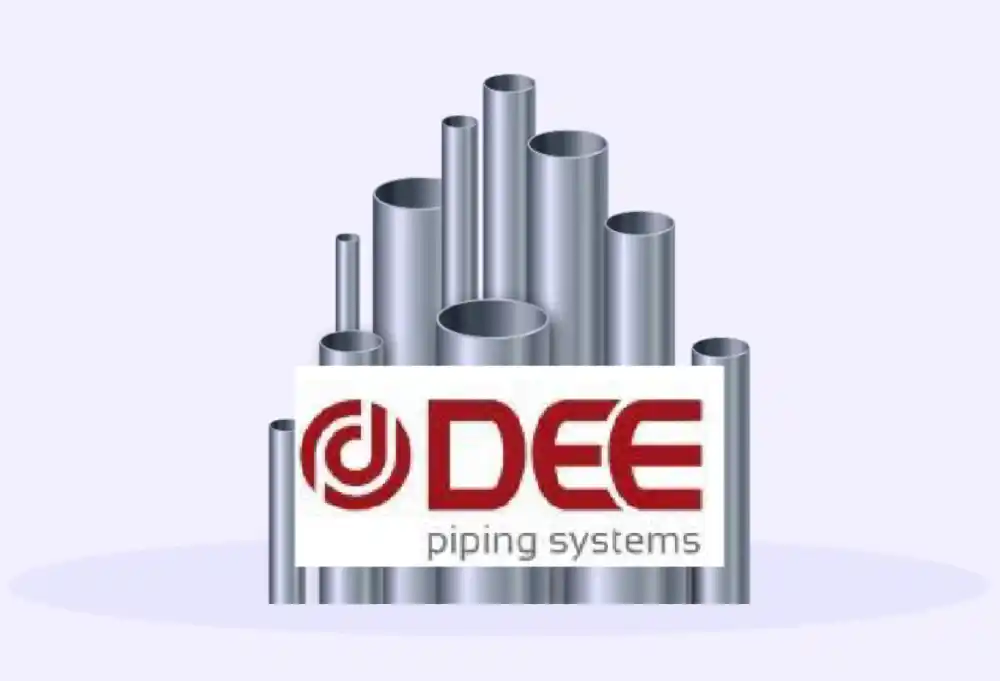
On June 8, 2025, DEE Development Engineers Ltd (DDEL) announced a major move into hydrogen production. The company acquired a 70% stake in Maldives Design Ltd (also known as Molsieve Designs), a firm that builds hydrogen purification plants, ammonia crackers, and nitrogen and oxygen units.
This deal will let DEE use its engineering expertise to tap the growing hydrogen industry.
DEE, based in India, is well-known for its work in process piping, especially in oil & gas, power, and chemical sectors.
Chairman and MD Krishan Lalit Bansal said the acquisition supports their plan to expand into hydrogen. DEE aims to build full hydrogen plants locally. The move aligns with India’s National Green Hydrogen Mission, which hopes to produce five million tonnes of green hydrogen per year by 2030.
India’s green hydrogen push is backed by the government. The mission’s plan involves adding 125 GW of renewable energy by 2030 and investing heavily in hydrogen projects . DEE sees strong demand ahead. It plans to team up with technology partners to make hydrogen generators, purification units, and ammonia crackers.
The newly acquired Maldives Design Ltd designs and makes plants that separate hydrogen from mixed gases. These include ammonia cracking units that break down ammonia to release hydrogen. This technology will help DEE serve industrial clients who need high-purity hydrogen.
This step builds on DDEL’s recent growth. In Gujarat, it invested ₹250 crore to add manufacturing capacity in Anjar. By October 2025, that plant will reach 12,000 tonnes per year, with plans to double that later.
The company has six factories across India and Thailand, and it employs more than 700 staff, including engineers and design experts .
DDEL’s financials also show strong momentum. It saw a 125% increase in net profit in the quarter ending September, reaching ₹22.26 crore. Their annual revenue was ₹210 crore.
Expanding into the hydrogen sector can offer DEE new opportunities. Analysts point out that India’s energy market is shifting from fossil fuels to cleaner options. Hydrogen is key in this shift. But it faces challenges such as cost, technology, and infrastructure.
Green hydrogen is made by using renewable energy to split water into hydrogen and oxygen. It creates almost no carbon emissions.
India currently pays around US$4.67 (₹397) per kg in green hydrogen costs. The mission’s goal is to cut this cost through subsidies and scale.
The acquisition comes as governments worldwide boost hydrogen efforts. The UK, for example, launched new hydrogen power projects with billions in investment . In Australia, POSCO is working with Hysata to bring green hydrogen electrolysers to market.
In India, large public sector undertakings have announced 48 hydrogen projects aiming for 3.5 million tonnes per year by 2030. Oil & gas companies are pushing to add 38,000 tonnes per year by next year.
The Maldives Design deal allows DEE to adopt hydrogen-focused processes. This includes purification systems and ammonia cracking. It also boosts DEE’s technological capacity. They can design full plants from engineering to delivery.
DEE’s strong base in piping and plant fabrication gives it a competitive advantage. It already works with major energy firms and completed a ₹26.59 crore contract for L&T Hydrocarbon’s module unit in Tamil Nadu. That work involves welding, testing, and treatment of piping structures.
The company also secured a contract from a top global oil and gas firm, which marks a big step in international expansion. Though the client was not named, DEE’s chairman said it shows trust in their engineering strength.
With these projects and its hydrogen stake, DEE will likely add specialists and invest in research. Its goal is to develop custom solutions for customers, from standard hydrogen installations to bespoke plants.
Moving into hydrogen fits with DEE’s long-term goals. Up to now, the company has focused on process piping and engineering. Now it is tapping into low-carbon energy and industrial gas markets. This gives DEE a broader business scope and next-level growth potential.
It’s not without risk. Hydrogen facilities require strict safety controls. Leakage can impact climate goals. And project costs are still high compared to traditional fuels.
Yet the policy support, global clean energy trends, and DEE’s engineering strengths position it well. Chairman Bansal called the acquisition a “strategic step forward” for entering clean energy and industrial gas sectors .
As DEE builds on its new capabilities, it aims to be a major player in Asia’s hydrogen value chain. By 2030, with India’s green hydrogen push and global momentum, DEE hopes to develop plants, supply systems, and share in this growing market.


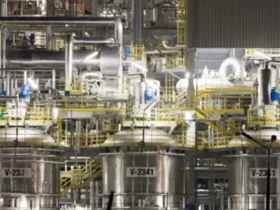
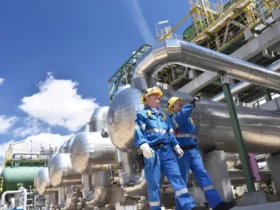
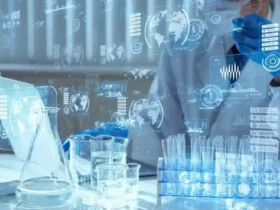


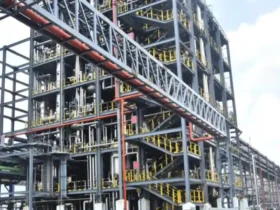
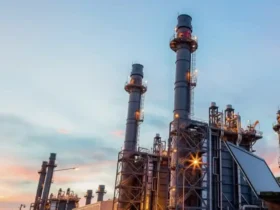
Leave a Reply